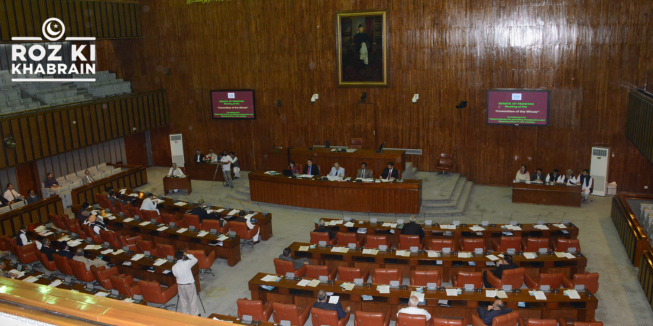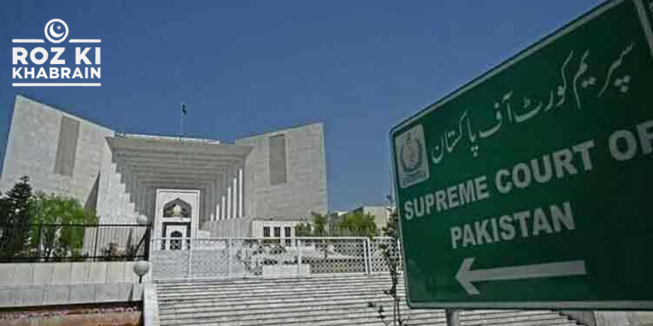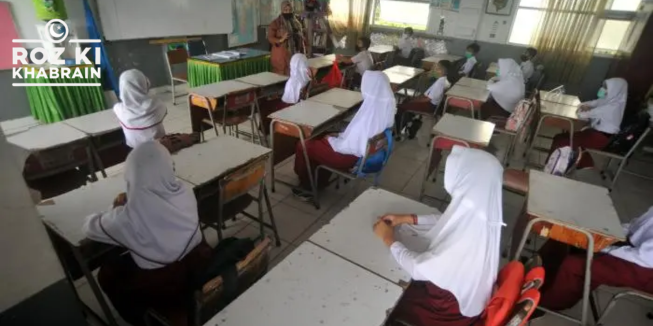The Senate Standing Committee on Law and Justice has approved a proposal to increase the number of Supreme Court judges from the current total to 25, which will include one Chief Justice and 24 judges.
During the discussions, committee members debated the rationale behind increasing the number of judges in the apex court, with members from the treasury benches arguing for additional judges to help manage the high backlog of cases in the Supreme Court.
Senators Hamid Khan and Kamran Murtaza opposed the proposed increase. Senator Murtaza contended that recent vacancies were strategic and that the Supreme Court should be consulted regarding the need for more judges. Meanwhile, Senator Khan expressed concerns over financial limitations and suggested that efforts should focus on improving the efficiency of existing resources, especially given Pakistan’s economic challenges.
Conversely, Senator Shahadat Awan strongly supported the proposal, citing an estimated 60,000 pending cases and asserting that at least 21 judges are necessary to address the issue. Senator Abdul Qadir added that Pakistan’s growing population and rising crime rates justify a larger judiciary, noting that the number of judges has remained unchanged since 1995 and that there are ongoing vacancies in provincial high courts as well.
The discussion also touched on the 26th constitutional amendment and included comparisons of Pakistan’s judicial system with those of countries such as England, Bangladesh, India, and Indonesia. The committee ultimately approved the proposal, with the Chairman stating that the increase aims to tackle Pakistan’s escalating legal caseload, although differing opinions persist regarding its long-term implications.
Supreme Court Practice and Procedure Amendment Ordinance
The Senate has also introduced the Supreme Court Practice and Procedure Amendment Ordinance 2024, which has been referred to the Standing Committee on Law and Justice. This ordinance, which is already in effect, includes significant changes designed to enhance judicial procedures.
A key provision adds a sub-clause to Section-II of the Practice and Procedure Act, requiring the inclusion of one senior judge and one judge nominated by the Chief Justice of Pakistan in relevant committees. Additionally, the ordinance mandates that reasons for public interest must be provided prior to any hearings on such matters and prioritizes cases based on their filing order.
Furthermore, the ordinance introduces sections 7A and 7B, ensuring that cases filed first are heard first and requiring documentation for all court cases and appeals.
In a related incident during the Diwali celebrations, Chief Minister of Punjab Maryam Nawaz was praised as a leader by minority member Dinesh Kumar, which led to a confrontation with Senator Humayun Mohmand, who suggested that she should sit with the government benches. Dinesh Kumar expressed his loyalty to Maryam Nawaz, highlighting the shifting political dynamics within the assembly.
Senator Talal Chaudhry also criticized Khyber Pakhtunkhwa Chief Minister Ali Amin Gandapur for welcoming arrested government employees with flowers, further escalating the political tensions.
Additionally, a Senate Standing Committee meeting addressed a proposed bill requiring assembly members to have a graduation qualification. The historical context of the bill was discussed, referencing former President Pervez Musharraf’s intentions to block Benazir Bhutto’s path to Parliament.




